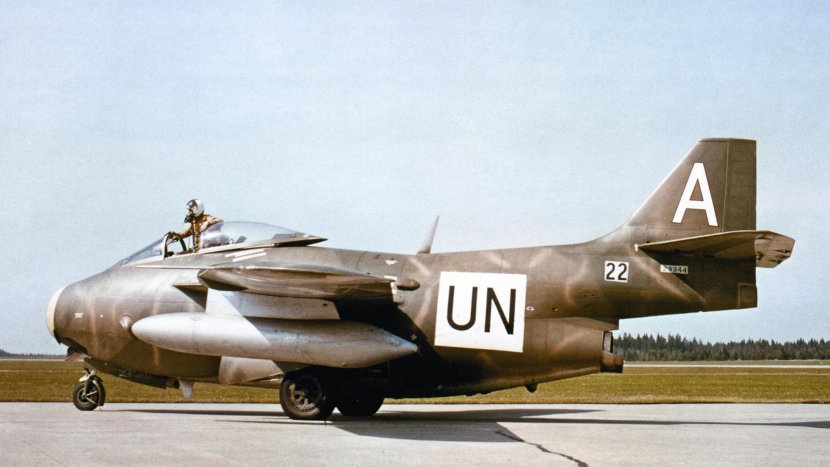E.R. Campbell said:
Congo ~ there's now two or three of 'em ~ was a socio-economic and political disaster zone in 1960 when the Belgians turned tail and fled in the face of a black revolt. If memory serves (I'm just too damned lazy to Google old, painful memories) there were 18 black people in Congo with university degrees when the Belgians left ... the Church did a great job, actually, and some of those nuns and priests were probably saints, but they only provided an elementary education, up to about a Belgian 8th grade standard ... maybe.
The Congolese Army was, to be charitable, a shambles ... but the civil government made it look pretty good.
Union Minière du Haut-Katanga, the big HUGE, corrupt and brutal Belgian mining conglomerate had its own mercenary army (a few, a small handful of them were quite good, most were white trash of the worst sort, afraid of their own shadows) and its own puppet government.
The Congolese people had a whole hockey sock full of legitimate grievances ... Belgium ran way, with most of the money and left a few priests and nuns to say prayers. The Army revolted ... some of the atrocities don't bear thinking about. Brigadier (later General) Jacques Dextraze oragnized and, personally, led raids into Kantaga province to rescue hostages. RCCS Colonel "Buster" Stethem comandeered a UN or Red Cross (I cannot remember which) light aircraft and took a box of 36 grenades and conducted a "bombing mission' to break up one attack on a civilian (nuns) run relief camp not far from Leopoldville. The UN administration was a complete farce ... inept officials and the "lord high secretariat" in new York interfering in minor, local decisions and the UN military command ranged from OK, sometimes, to, too often, a nightmare.
When the UN left, mid-1960s, they left the place worse than they found it and no one - not Belgium, certainly, not the USA, not the USSR and not the fledgling EEC, gave a damn because even though Congo is resource rich, Union Minière had survived and was selling whatever Congo had to whoever had cash money.
Don't blame the Congolese ... they never had a chance.



